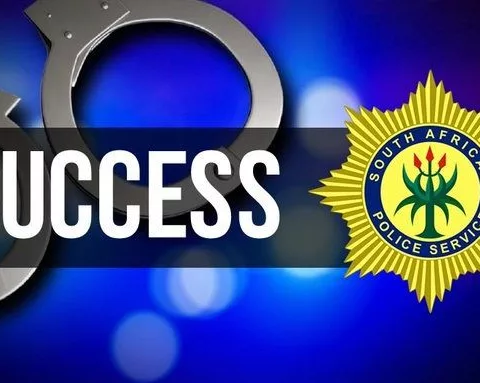In its most recent Trafficking In Persons 2023 report, the United States government expressed concern about South Africa’s ability to fully meet the minimum standards for eliminating human trafficking. The report points out areas where South Africa must improve and offers recommendations for moving forward.
Discrepancy in Official Statistics
Between April 2022 and March 2023, the South African government identified and referred 74 trafficking victims to care, a lower number than the previous reporting period’s 83 victims. Non-profit organizations identified and referred an additional 52 victims and spotted 383 potential victims through transit monitoring. This discrepancy indicates that official statistics may not accurately represent the true scope of human trafficking in the country.
Factors Contributing to Misidentification and Underreporting
Several factors contribute to the misidentification and underreporting of trafficking victims, such as institutional problems and lack of proactive screening. Additionally, a conflation between gender-based violence and human trafficking can lead to misidentification.
Challenges Faced by Law Enforcement Agencies
Law enforcement agencies continue to struggle with capacity and training issues in identifying and referring trafficking victims to care. Government officials have even inappropriately detained and penalized potential trafficking victims instead of providing them with necessary support and assistance.
South African Government’s Efforts
The report acknowledges the South African government’s efforts to address the issue, such as offering temporary emergency shelter, food assistance, interpreters, specialized medical care, and psycho-social support to victims. The country also collaborates with the governments of Mozambique, Botswana, Zambia, and Thailand to share intelligence and coordinate victim repatriation.
Key Recommendations
To help South Africa combat human trafficking more effectively, the report presents several key recommendations:
- Ensure that victims are not inappropriately penalized for unlawful acts committed as a direct result of being trafficked.
- Increase investigation efforts to prosecute and convict officials complicit in trafficking crimes and traffickers within organized crime syndicates, including cases of online exploitation.
- Implement the South African Department of Home Affairs’ immigration provisions to ensure the issuance of appropriate immigration status and identification documents for trafficking victims.
- Enhance training for South African Police Service officers on trauma-informed interviewing techniques, victim identification and referral procedures, and train specialized investigators on human trafficking investigations and computer forensics to investigate online exploitation.
- Strengthen collaboration between the National Intersectoral Committee on Trafficking in Persons (NICTIP), Provincial Task Teams, and civil society to integrate referral and response systems and include all stakeholders, including survivors.
- Implement policies to remove the requirement for victims to participate in investigations and prosecutions in order to be formally identified and receive trafficking victim status.
- Establish a confidential reporting mechanism for civil society to safely report allegations of official corruption and complicity in trafficking crimes directly to the government for rigorous investigation.
Addressing these recommendations will undoubtedly help South Africa tackle the persistent challenge of human trafficking and better protect and support its victims.













